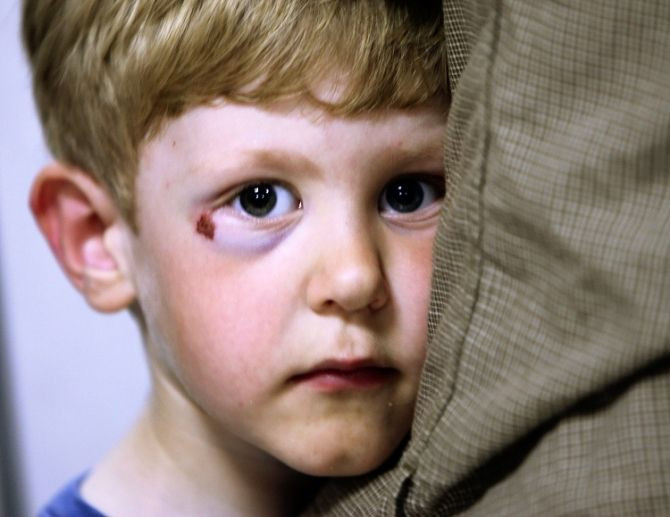Childhood Trauma Causes Life-Long Genetic Alterations

In some people, childhood trauma can lead to more than anxiety and mood disorder. Researchers from Max Planck Institute of Psychiatry have found that in people who are genetically predisposed, trauma can lead to life-long mismanagement of a stress hormone due to changes in DNA methylation.
Researchers were able to demonstrate that genetic variations can determine how people react to stress by making physiological changes in the body. According to the study, demethylation of gene FKBP5 at specific location drives the interaction between the gene and childhood trauma.
The study included DNA of almost 2,000 Afro-Americans who had been repeatedly and severely traumatized as children or adults. One-third of these people were still in post-traumatic stress disorder.
Researchers found a significant association between carriers of a genetic variation in FKBP5 gene and post-traumatic stress disorder. The gene regulates the entire stress hormone system in the body and is a good indicator of efficacy of an organism to handle stress. The study shows how some people develop psychiatric illness following a traumatic event during childhood.
Trauma and high levels of stress hormone bring about epigenetic changes - where there is alteration in the expression of genes and not the underlying DNA sequence. A methyl group is broken off from the DNA that increases activity of the gene FKBP5. These changes were primarily found in people who were traumatized when they were young.
"Depending on genetic predisposition, childhood trauma can leave permanent epigenetic marks on the DNA, further de-repressing FKBP5 transcription. The consequence is a permanent dysregulation of the victim's stress hormone system, which can ultimately lead to psychiatric illness. Decisive for victims of childhood abuse, however, is that the stress-induced epigenetic changes can only occur if their DNA has a specific sequence," said Torsten Klengel, a scientist at the Max Planck Institute of Psychiatry and lead author of the study.
Previous work on abuse during childhood has shown that abuse can cause several chronic diseases like diabetes, heart disease and certain cancers. Effects of trauma faced in childhood stays in later life due to the changes in immune response and increased levels of stress factors. In women, child abuse can lead to early or late menarche.
Researchers say that the study can help develop tailor-made therapies for people who have this genetic variation.
The study is published in the journal Nature Neuroscience.



























